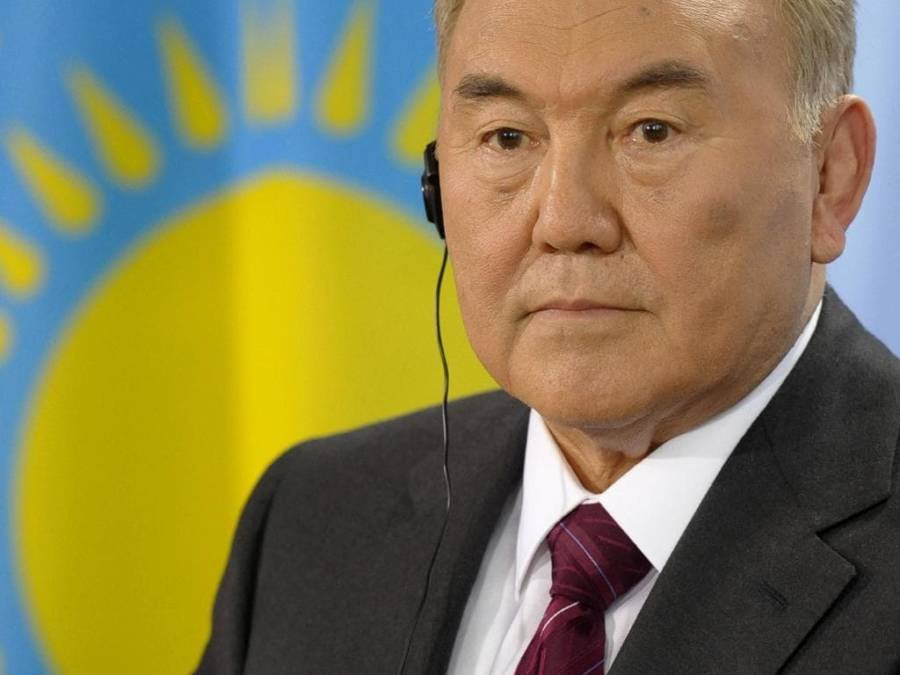Kazakhstan is set to chemically castrate the first of 2000 convicted pedophiles, this decision comes one year after Australia considered the same punishment.

An Unidentified sex offender in the Turkestan region is about to undergo an injection, which will be administered by the country’s health ministry.
Country’s president Nursultan Nazarbayev has allocated $37,000 to fund for around 2,000 castrations. Kazakhstan passed a new law that allows for chemical castration.
Chemical castrations are a one-time injection of the drug, Cyproterone. It is a steroidal anti-androgen drug developed to fight cancer. Chemical castration does not involve the removal of any sexual organs, which happens in surgical castration.

The Cyproterone injection will dramatically reduce the person’s sexual drive and libido but the castration will be “temporary” as the effects dull sexual urges could wear off in time.
Critics have also been warned that the process of chemical castration is not guaranteed to prevent repeated sexual assaults.
Over the years, pedophilia related crimes has increased in the country, the number of underage rapes doubled to 1,000 between 2010 and 2014.
Countries including Australia, South Korea, Russia, and Poland have used chemical castration to curb sexual offenders. The criminals are granted castration in exchange for lighter prison sentences.
While the government deemed castration as a punishment for the crime, there are many human rights organizations that have spoken out against the practice.

“Other countries that have chemical castration have not seen a reduction in sexual crime against children. Also, it’s a very expensive procedure and what we should be spending and investing our money in is services to support and help the victims. Azirana, the head of the National Commission of Women, said to Newsweek.
Chemical castrations are temporary and reversible. The sentence for child sex crimes in Kazakhstan can reach up to 20 years and convicted pedophiles who will undergo chemical castration will get shorted prison sentences for agreeing to the procedure.
Indonesia introduced chemical castration in 2016 after national outrage following the gang rape and murder of a 14-year-old girl.
One of the case of chemical castration was of Alan Turing, the man who decoded the Enigma and shortened the war for almost 2 years and saved over 14 million lives. Alan Turing was convicted of “gross indecency,” after he was found having sex with a man. Homosexuality in Britain was illegal until 1967 and Turing’s punishment for the crime was chemical castration.
Chemical castration has been in practice for decades and with more and more countries approving it, it may not leave anytime soon.










